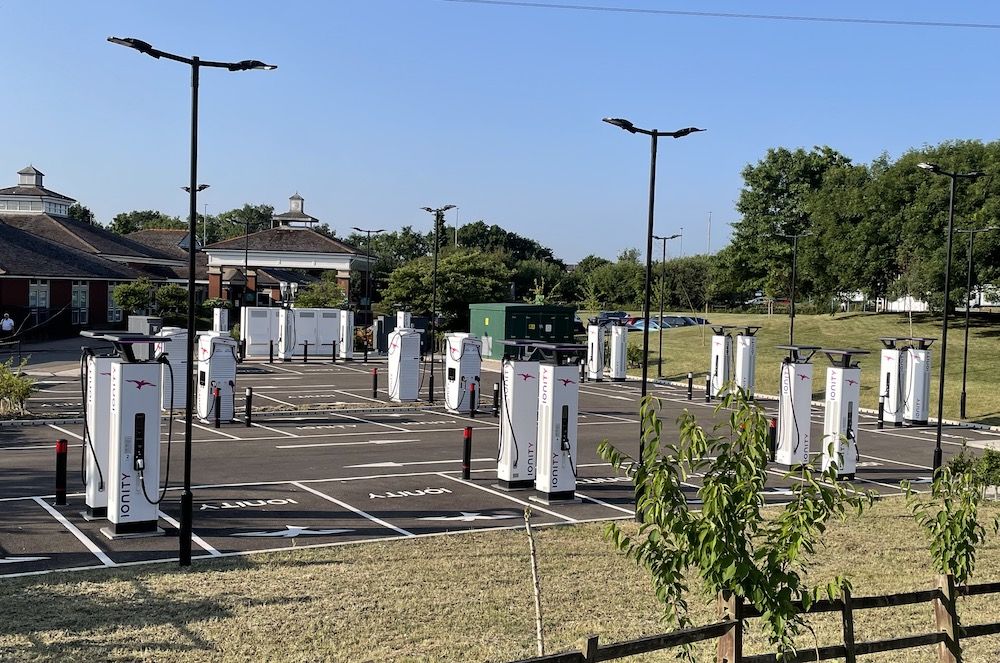Fleet management provider, CBVC Vehicle Management, is urging financial advisors and accountants to encourage businesses to ignore headline lease rental rates and to instead focus on whole life costs for company car acquisition for fleet cost savings, especially as fleets start to accommodate electric vehicles.
According to CBVC, understanding whole life costs is critical, focusing simply on monthly lease rates will not only skew fleet policy, but it could lead to greater costs for the business and the driver.
Mike Manners, managing director of CBVC Vehicle Management, said: “As the country emerges from the pandemic, many of the historic assumptions about business have been challenged, from working in offices to virtual meetings. The shape of the company car fleet is another area that faces fundamental change.
“As zero-emission cars typically have higher list prices than traditional internal combustion-engine (ICE) vehicles, savings on fuel, maintenance and tax can easily offset any initial difference and make electric vehicles much cheaper. This makes whole life cost comparisons a critical part of any fuel transition plan, to ensure that the right technology options are deployed in the most suitable areas.”
Example:
- Tesla model 3 has a £40,935 list price for a Standard Plus model, when an equivalent petrol BMW 3 Series 320i M Sport is £38,415 or a diesel 318d SE Pro is £34,665
- the headline lease rates reveal the Tesla costs £555 per month over three years/60,000 miles while the petrol BMW costs £483 over the same profile
- but implementing a whole life cost approach dispels the assumption that the EV is more expensive than either of the ICE models
- CBVC calculations show the true monthly cost of the Tesla. When the rental, VAT recovery, maintenance costs, Corporation Tax deductions, insurance, and Class 1A National Insurance Contributions are considered, the actual cost is £653 per month, compared with the petrol BMW at £757 per month, while the diesel is £699
- overall, the Tesla will cost a company £23,517 over a three-year cycle compared with £27,256 for the petrol BMW and £25,155 for the BMW diesel
- during a three-year operating cycle, the diesel BMW driver would pay £12,348 in benefit-in-kind tax and the petrol BMW driver would incur a company car tax bill of £15,516. In contrast, the Tesla driver would pay £864, saving £11,484 and £14,652 respectively compared with the BMWs.
For businesses not ready to switch to a fully electric operating fleet, a plug-in hybrid vehicle (PHEV) offers a cost-effective way to move away from a dependency on diesel and petrol company cars.
Accountants should be aware that although more expensive than the petrol or diesel alternative, the PHEV has a lower whole life cost, equivalent to £20,831 over a three-year cycle.
And drivers will only spend £5,580 on tax over three years – less than half the amount incurred by drivers of a petrol or diesel vehicle. This knowledge will help the client save thousands of pounds over a three-year cycle.
It’s a similar story if the operating cycle is changed, for example to four years/80,000 miles.
Mike continued: “When advising clients, accountants should be aware that an analysis of whole life costs demonstrates a strong financial argument for businesses to begin the switch to zero-emission motoring, and with the right approach, a business can unlock significant savings while also cutting emissions at the same time and reducing their carbon footprint.
“One note of caution, when modelling plug-in hybrids, as forecast fuel economy is derived in test conditions, numbers are substantially higher than those achieved in actual running conditions.”
Image: Shutterstock














